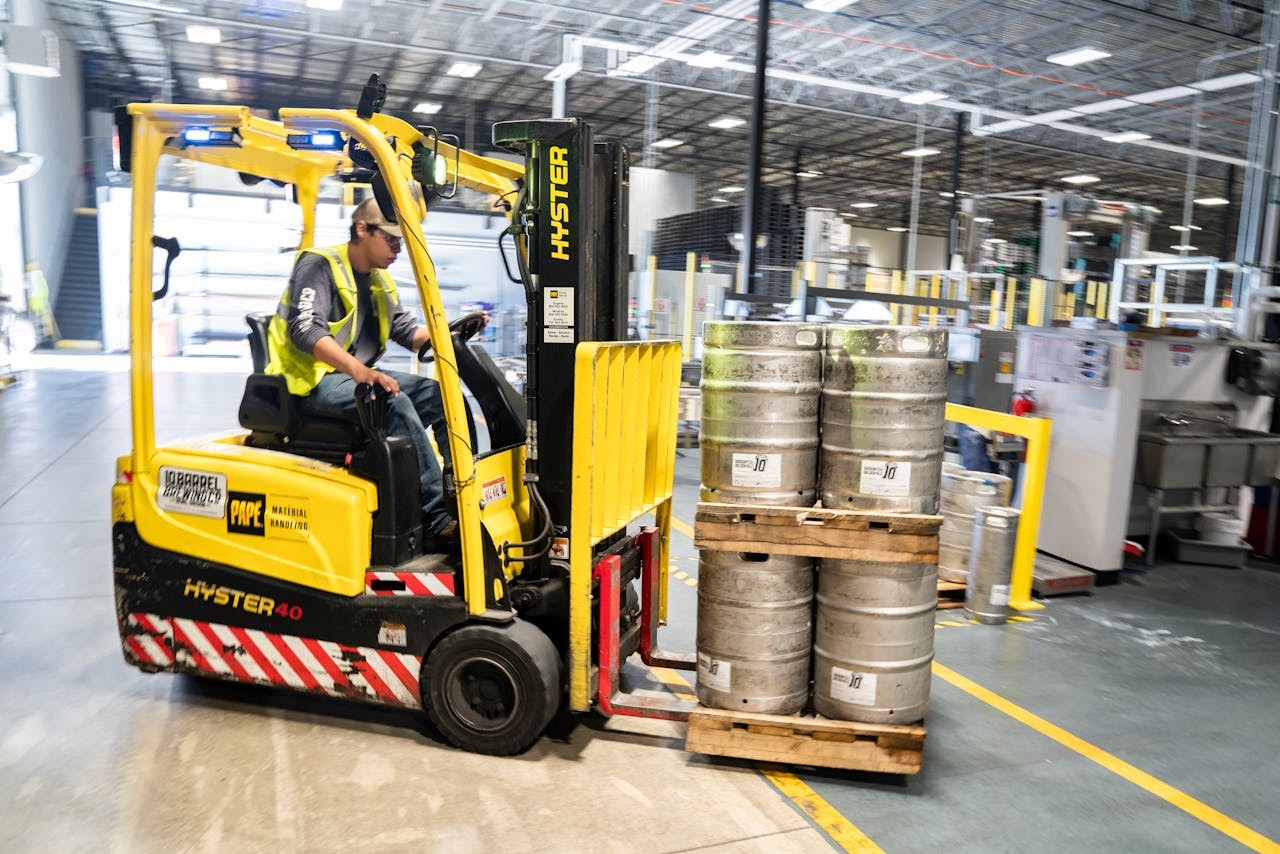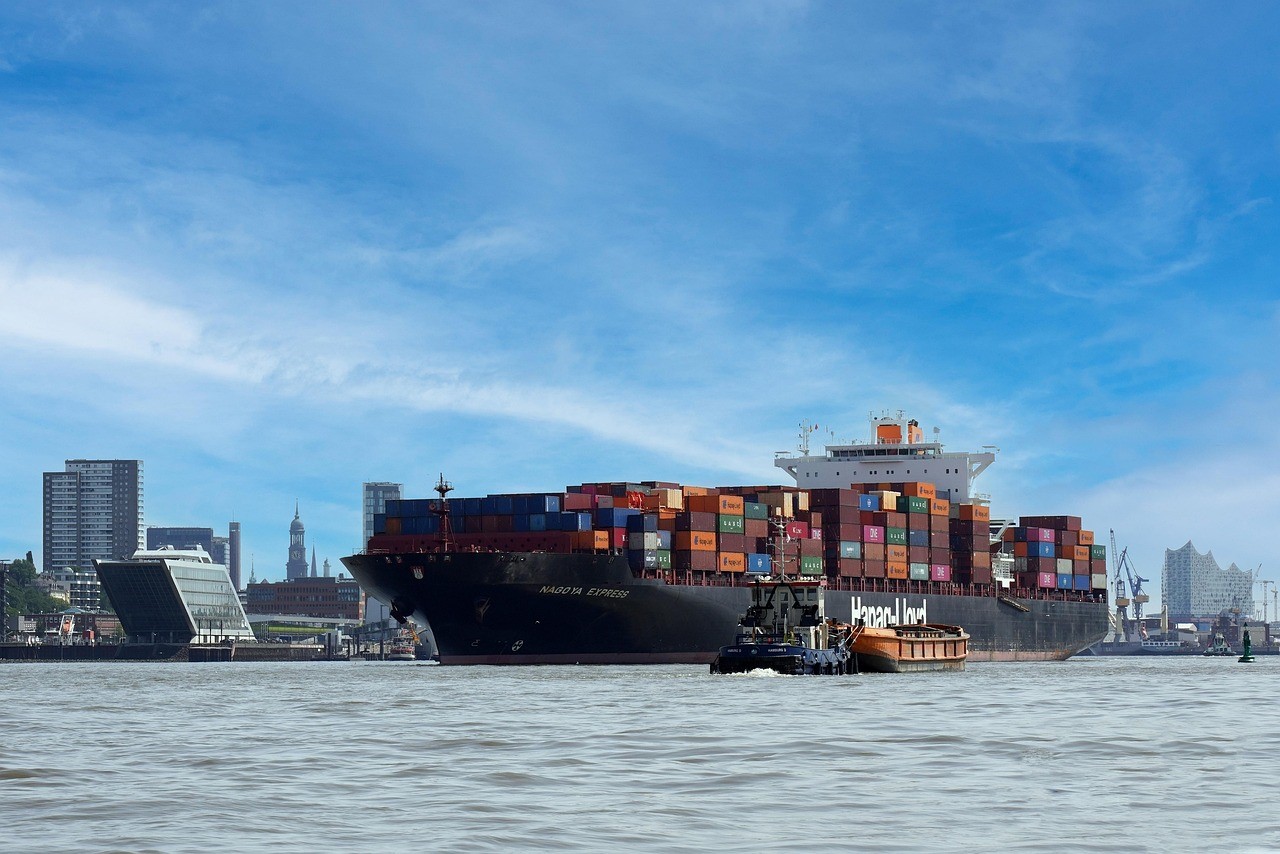
Today, all companies are expected to be sustainable. Small and large, regardless of the sector. However, sustainability or corporate responsibility is a very broad concept. The most important thing to determine is what sustainability means for our company. And how do we verify that we are sustainable in our business?
Stakeholders need ESG data
More and more stakeholders are calling for verifiable sustainability. They each have their own motives for why they are interested in sustainability. It is important to satisfy this thirst for information and take into account the company’s main stakeholder groups and their possibly different needs for information:
- Financiers, banks and investors
- Customers
- Personnel (current and future)
- The board of directors and the management team
- The media
In order to verify sustainability, facts and measured data, i.e. ESG data, is needed. ESG is an initialism used especially in the financial sector and comes from the words environmental, social and governance.
From what points of view is sustainability data assessed?
Funders and investors require companies to provide ESG data. Banks need the data to assess their customers’ underlying sustainability risks that may affect the credit granting or loan processes. If the management of sustainability is done systematically, it can help obtain funding.
Sustainability verification and ESG data are also needed to determine the conditions under which funding can be obtained. Loans can be obtained with smaller margins if progress is made on the responsibility objectives. Such new agreements are based on the banks’ aim to reduce the emissions from their investment and loan portfolios and to channel funding towards greener solutions.
More and more companies have set themselves science-based emission reduction targets in line with the Science Based Targets initiative and are committed to reducing emissions throughout their value chains. For this reason, the pressure to reduce emissions is distributed down the value chain. Customer companies want to be aware of the emissions caused by the production of raw materials, components or products they procure. A company’s competitiveness will improve in the eyes of customers if climate-friendly choices and product development have been made and the level of emissions can be verified with the help of sustainability data. Based on the same principle, the goals set by customers, such as the promotion of circular economy or the realisation of human rights, flow upwards and downwards in the value chain.
A company’s sustainability development cannot be managed or verified if there are no sustainability objectives, indicators or monitoring. In addition to the needs of external stakeholders’ ESG data, the utilisation of ESG data in business management is worth considering. Sustainability is so important for the operating conditions and competitiveness of a company that the monitoring of sustainability and the assessment of sustainability indicators cannot be ignored by the management team. In addition, sustainability will be more and more prominent in the work of the board.
Workers’ expectations have also changed. Current and especially future experts are interested in working for companies where sustainability is taken into account in the company’s purpose and strategy. This also applies to staff engagement, as more and more people want to work in companies whose values are in line with their own values.
Read more: How to integrate sustainable development goals with your strategy – use your sparring partners
ESG data is hidden across the organisation
Corporate sustainability is not a support function, and the person in charge of corporate responsibility does not produce ESG data. Sustainability is a natural and integral part of the company’s core business, and data that describes sustainability is generated across the organization.
The data is generated from, for example, electricity and water consumption, sourcing, transport kilometres, recycled waste, recruitment and close call events.
In addition to the company’s own activities, ESG data exists for various actors throughout the value chain. Among other things, valuable data can be obtained from contract manufacturers, suppliers, logistics service providers, packaging material suppliers, waste handlers and customers.
The data that describes business sustainability is scattered across the organisation and its external partners. The data is in a different format; it may not be in a commensurate form. Some of the necessary data may be not be available at all.
Read more: Using the Tofuture tool to manage ESG data
Is it still possible to operate without ESG data?
Now is the time to invest in compiling ESG data. There is no point in waiting and only compiling the data when it is needed and required. Today, the design, proper allocation and systematic collection of ESG data that describes a company’s strategic objectives and material impacts are important attributes for the company’s competitiveness and access to funding.
It is important to determine the relevant sustainability metrics and to take possession of the ESG data one step at a time. Start with the most important indicators for your operations, and gradually expand the measurements and calculations to encompass the entire value chain. The reliability of data is also of great importance, so the way in which ESG data is defined, collected and managed also becomes a topic of discussion.
The management of the company should have a strong role in the development of the ESG data collection process, and sufficient resources should be allocated to the process. It is good to cooperate with the management, managers responsible for business results, the CFO, the sustainability expert, IT manager and, in the future, various partners, in order to have full control of the ESG data.
Today, ESG data plays a major role in business. It is worthwhile starting to use the data now because, without it, it will be increasingly difficult to operate and convince stakeholders.
**
If you would like to have access to a tool that will help you manage ESG data, please contact us! Tofuture offers a cloud-based tool and consultancy that allows your company to meet the stakeholders’ information and ESG data needs and enhance your sustainability reporting.


































